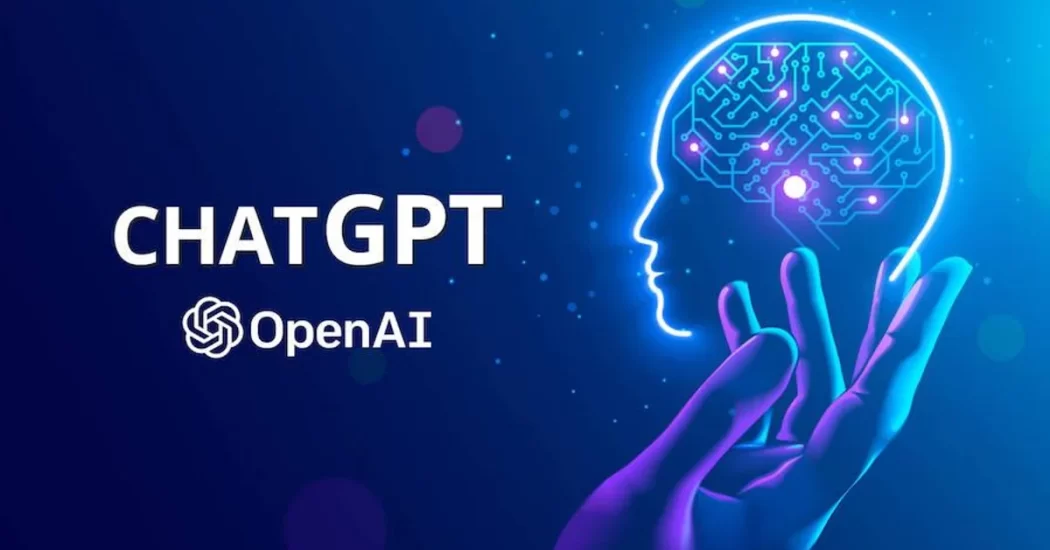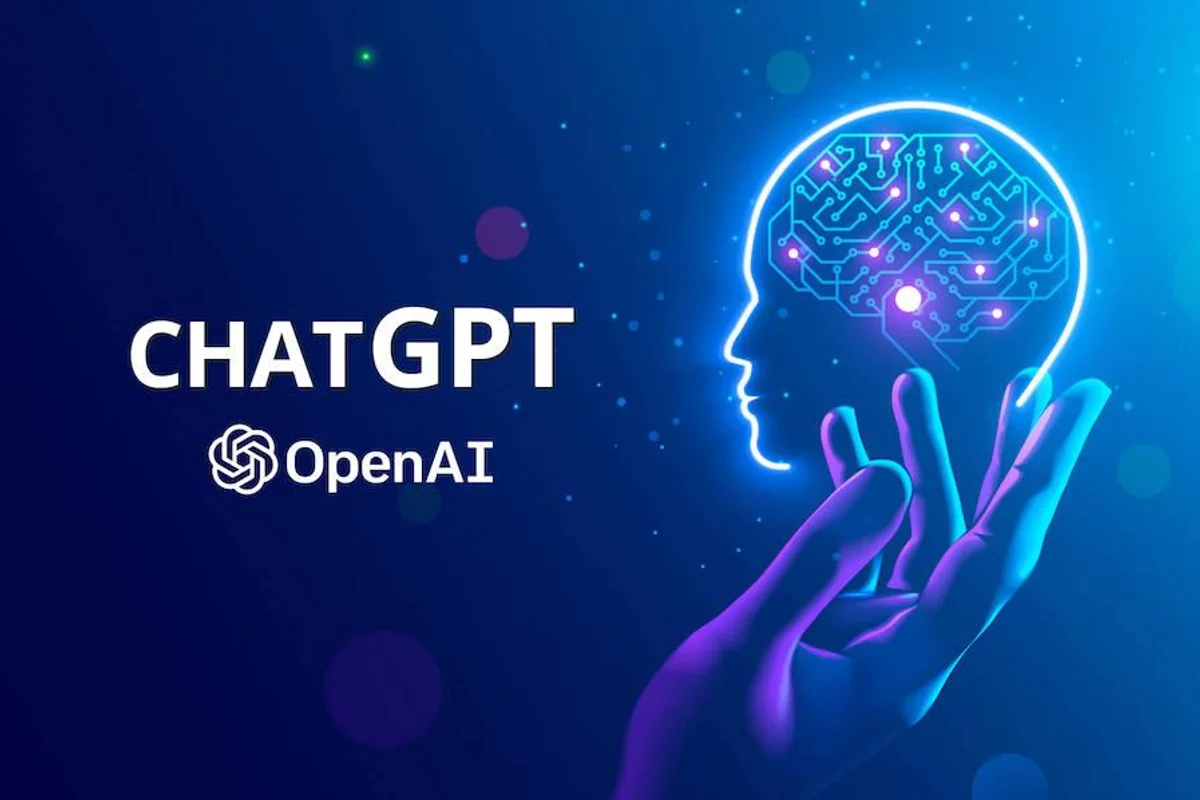
The rise of digital phishing attacks and scams is an inevitable consequence of significant global trends or events, such as the COVID-19 pandemic or the cryptocurrency craze. Now, these tactics are being employed in targeting large language models and generative AI, a concerning trend that has come to light in recent months.
Security researchers from Sophos have recently issued a warning about the latest incarnation of this threat, which has surfaced in both Google Play and Apple’s App Store. Scam apps are attempting to lure users with free trials for OpenAI’s chatbot service.
Furthermore, OpenAI’s ChatGPT has introduced membership fees for regular users and developers. However, the company still allows anyone to try the chatbot for free through its website.
As technology evolves, the rate of scams has significantly increased. Scammers exploit individuals who are both intrigued by the technology and lack sufficient context when trying out new apps or services.
Users may come across these scam apps through targeted ads on news apps and social networks. Alternatively, they might encounter them while searching on Google Play or the App Store.
Sophos senior threat researcher, Sean Gallagher, highlights the tactics employed by scammers, including ads with typos in the app’s name, such as “chatGBT.” These tactics aim to deceive users and minimize their scrutiny during the selection process.
The scams, known as fleeceware, involve apps that charge regular monthly, weekly, or daily fees. These apps often manage to evade detection as they do not exhibit overtly invasive or malicious behavior.
When scammers submit their apps for review to Google and Apple, they may intentionally withhold certain details about the subscription pricing. Consequently, users are required to pay to continue accessing the app’s functionality.
Developers have the ability to offer in-app purchases using Google and Apple’s provided tools. These companies receive a percentage of the revenue whenever users make app purchases through their respective app stores.
One such example is the Android app Open Chat GBT, which initially offers free downloads but limits functionality after a few interactions. Users are then prompted to sign up for a three-day trial to continue using the app. Additionally, Chat GBT also offers a $30 annual subscription.
Researchers have discovered a strikingly similar app, developed by the same individual, with a different name on the iOS App Store.
The proliferation of scam apps exploiting popular services like OpenAI’s chatbot highlights the need for users to remain vigilant and exercise caution when exploring new apps and services. It is crucial to thoroughly research and verify the legitimacy of any apps before providing personal information or making financial commitments.
